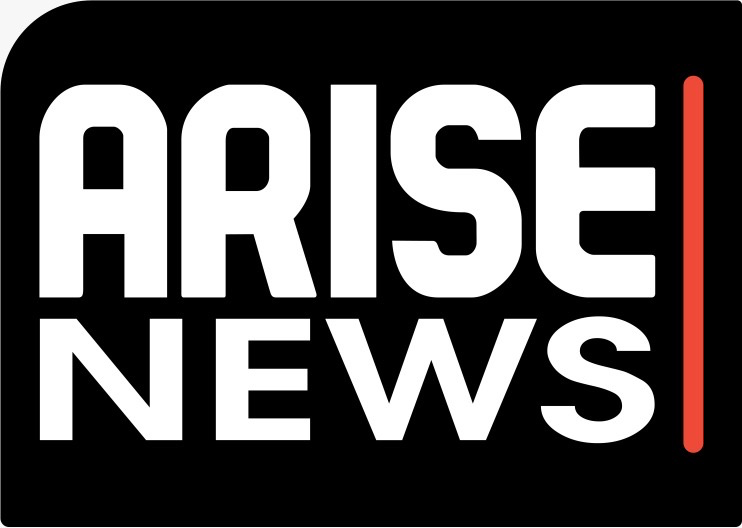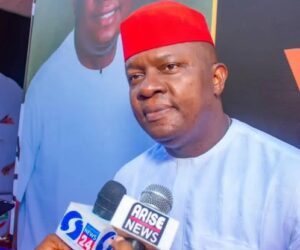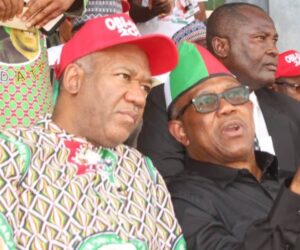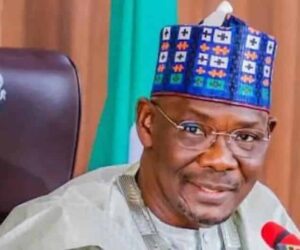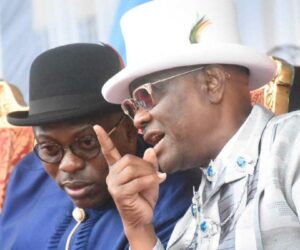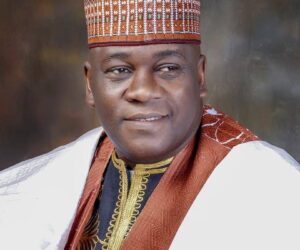
National Chairman of the Action Democratic Party (ADP) and former Chairman of the Inter-Party Advisory Council (IPAC), Yabagi Sani, has expressed mixed feelings over the appointment of Professor Joash Amupitan as Chairman of the Independent National Electoral Commission (INEC), warning that the structure of Nigeria’s electoral system leaves the commission vulnerable to executive control.
Speaking on ARISE News on Saturday, Sani said while Professor Amupitan’s qualifications and experience make him suitable for the position, the circumstances surrounding his appointment raise concerns about INEC’s independence.
“First of all, let me congratulate the gentleman for being given this ideal task of nurturing and growing democracy in the most populous nation on the African continent. It’s a big task — historic, in fact. From the pedigree that I’ve read, I think he’s up to it in terms of his qualifications, experience, and exposure as a legal person, an academic and an administrator,” Sani said.
“But I have mixed feelings because when you look at the environment, we are practising constitutional democracy, and the constitution clearly states that the person who appoints the INEC Chairman, the Commissioners, and the 37 Resident Electoral Commissioners is the President. That is a big challenge.”
He lamented that the system, as currently structured, allows excessive executive influence over the electoral body, including its finances, despite constitutional provisions for financial and operational independence.
“INEC is supposed to be free from the control of any other agency of government or anybody. But when you look at how the man comes into office — being appointed by the same authority that controls the purse strings — that is the downside of it all,” he said.
“It’s not about the qualification or the individual. Anybody you put there, given this scenario, will face the same vulnerability because politicians always try to maximise every advantage to take over government. The person who gives you the money can easily influence you, and that is against the spirit of the constitution.”
Sani also criticised what he described as the “brazen” interference of the executive in INEC’s affairs.
“Even a few months ago, the President went to commission the INEC headquarters that was rebuilt by the APC-led government. That says a lot,” he said. “So, my concern is what will be the fate of this new chairman, despite his qualifications and goodwill.”
Comparing the situation to that of former INEC Chairman Mahmood Yakubu, Sani said that Yakubu’s strong credentials and innovations in digitalising the electoral process were undermined by the political environment in which he operated.
“Look at what happened to Mahmood Yakubu. He was qualified, brought innovation and digitalisation, but when it came to human and environmental factors, that was the undoing. So, yes, the President has done his duty by appointing a new chairman, but the implications of this appointment under the present conditions remain concerning.”
On the call by civil society organisations for an open Senate confirmation process for the new INEC Chairman, Sani was sceptical that the legislature would act independently.
“If you look at the National Assembly, they haven’t given anybody the impression that they are independent. The Council of State meeting where the appointment was endorsed had the Senate President and Speaker of the House present, and they unanimously agreed. To me, it looks like a conspiracy between the executive and the National Assembly,” he said.
“The National Assembly knows that the President has no right to interfere in INEC’s finances. The budget is supposed to go directly from INEC to the National Assembly and be drawn from the Consolidated Revenue Fund. But today, INEC still has to go through the Ministry of Finance and the President for approval — a total violation of the constitution. Why is the National Assembly watching this rape of the constitution?”
Sani warned that unless the process changes, Nigerians should not expect anything different from previous experiences.
“I’m not expecting anything new. It will be business as usual. The independence of INEC as enshrined in the constitution has been compromised, and that’s why our democracy continues to struggle,” he said.
Looking ahead, he urged the incoming chairman to use the forthcoming off-cycle elections to begin rebuilding public trust in the commission.
“The gentleman has a lot to do to restore credibility and trust. Nigerians have lost confidence in INEC, especially after the last general election. He should use the off-cycle elections to show Nigerians that INEC can deliver credible polls,” Sani advised.
He also highlighted the challenges of coordinating security agencies and ad-hoc staff during elections, stressing that the INEC chairman often lacks control over critical elements of the process.
“The police and military play major roles in elections, yet the INEC chairman has no control over their deployment. The same applies to ad-hoc staff drawn from the NYSC. These are structural weaknesses that make the chairman’s job even more difficult,” he said.
Sani called for reforms that would ensure true institutional independence and reduce political manipulation of the electoral process.
“We must look for a new system of appointing electoral officers that guarantees independence. As it stands, INEC is too vulnerable to political influence. Until that changes, we’ll continue to face the same problems, no matter who the chairman is,” he concluded.
Boluwatife Enome
Follow us on:

